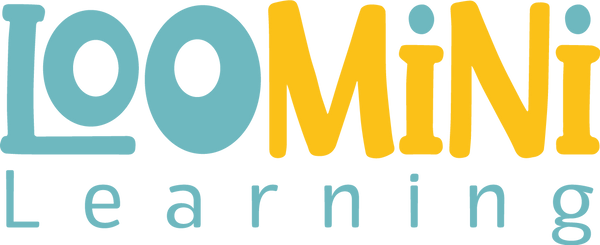What really is self-management?
Once your child is aware of how they think and feel (self-awareness of stage one of social-emotional learning), they can begin the process of self-management. Self-management is consciously regulating, controlling and shifting your thoughts, feelings and behaviors. It’s something that we can all work on! And if you haven’t noticed, it gets tougher with age. If anything, people tend to be more set in their ways and strengthen both good and bad habits with the passing of time.
I’ll be saying this a lot but without living consciously, humans pretty much live in auto-pilots, and our programming only becomes more developed and engrained the longer we live unconsciously. Like I shared in the blog before this on self-awareness, living consciously is equivalent to maintaining a relationship with yourself and it’s a skill you need to teach, nurture and grow. The same goes for self-management and regulating your thoughts, feelings and behaviors.
Why is self-management important to teach my child?
When self-management skills are taught to children, it’s again, a lot easier for them to adapt and carry through life to boost self-esteem and help them be more proactive and self-assured in life. Self-management skills in children can work wonders in improving stress management, organizational skills, goal setting, breaking bad habits and self-discipline.
Of course, this stage will ultimately help guide your child through other stages of SEL like Responsible Decision-Making and Future Self. It also helps them maintain healthy relationships by understanding how to work through difficult situations and feelings brought on by interactions with others.
Teaching Self-Management
The key to teaching self-management is understanding. More specifically, it’s understanding two things:
- Understanding why you feel the emotions you feel.
- Understanding that you may not have the power to control a situation, but you have the power to control how you react to it.
Recognizing how you feel is one thing (self-awareness), but understanding why and the root cause will allow your child to act accordingly and self-manage. Tools to help identify emotions and understand their origin can help your child use personal resources to shift their thoughts and tap into higher frequency emotions.
Understanding that we have control over how we react and respond to situations is key to shifting those lower emotions, and we all have the resources to manage our thoughts, actions, feelings (anger, fear, worry, jealousy, loneliness, anxiety and others).
As a result, self-management helps children address impulse control, anxiety and unhealthy habits. As they become adults, skills in impulse control will transfer over to how they spend and prioritize their time, energy, money, possessions and talents. They’ll feel more confident and secure in themselves in these areas.



